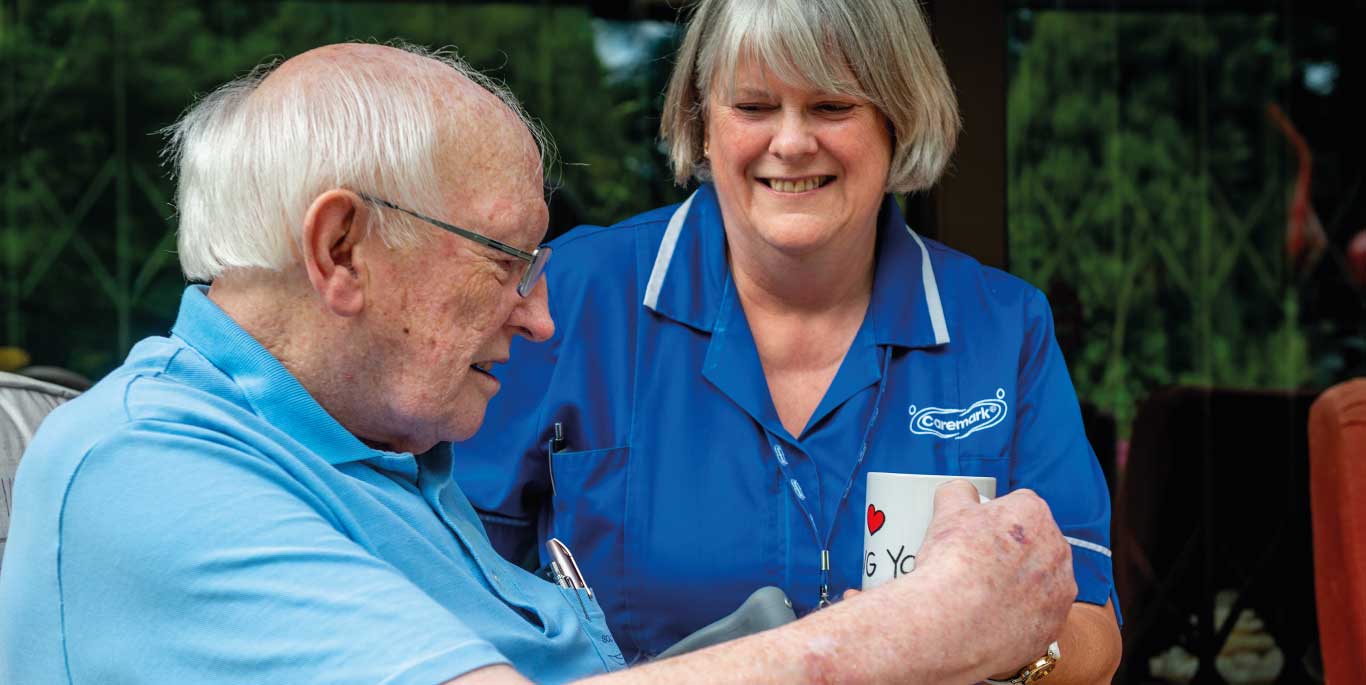Advancements in Nursing Care for Muscular Dystrophy Patients

The landscape of healthcare and patient support is continuously evolving, with significant strides being made in various fields. Among these, the area of nursing care for muscular dystrophy has seen remarkable progress, offering new insights and solutions for those affected by this condition.
Understanding Muscular Dystrophy and Its Challenges
Muscular dystrophy (MD) encompasses a group of genetic disorders that result in muscle weakness and degeneration over time. This presents unique challenges in nursing care, requiring a blend of clinical expertise and compassionate support. Advances in our understanding of MD have led to more effective management strategies, tailored to meet the individual needs of patients.
Innovative Approaches in Nursing Care
Personalised Care Plans
The cornerstone of modern nursing care for MD patients is the creation of personalised care plans. These plans are developed through a collaborative process involving patients, their families, and healthcare professionals. Personalisation extends to all aspects of care, from medication management to physical therapy, ensuring that each patient’s unique requirements are met.
Integration of Technology
Technology has revolutionised the way nursing care is delivered to MD patients. Innovative tools, such as wearable devices and telehealth services, facilitate continuous monitoring and management of the condition. This technological integration not only enhances the quality of care but also empowers patients to maintain a degree of independence.
Enhancing Quality of Life through Multidisciplinary Support
A multidisciplinary approach is essential in managing muscular dystrophy, involving various specialists like neurologists, physiotherapists, and dieticians. This collaborative effort ensures a comprehensive care package, addressing not just the physical aspects of MD, but also its psychological and social implications.
Key Elements of Multidisciplinary Support
- Clinical Coordination: Ensuring seamless communication between different healthcare providers.
- Physical Therapy and Rehabilitation: Customised exercise programs to maintain muscle function and mobility.
- Nutritional Support: Diet plans tailored to patient’s specific health needs.
- Psychological Counselling: Mental health support for patients and their families.
Advancements in Treatment and Management
Recent years have seen significant advancements in the treatment and management of muscular dystrophy. For instance, gene therapy has emerged as a promising avenue, with potential to correct the underlying genetic defects causing MD. Additionally, new medications have been developed, offering better control of symptoms and slowing the progression of the disease.
The Role of Research in Shaping Future Care
Ongoing research plays a pivotal role in shaping the future of nursing care for MD patients. Studies are continually being conducted to better understand the disease and develop more effective treatment strategies. For example, a recent study by the Muscular Dystrophy UK highlighted the importance of early intervention in improving patient outcomes.
Empowering Patients and Families in Muscular Dystrophy Care
An essential aspect of modern nursing care for muscular dystrophy is empowering patients and their families. This involves educating them about the condition, its progression, and management strategies. Knowledge is a powerful tool, enabling patients and caregivers to make informed decisions about their health and wellbeing.
Education and Awareness Programs
Nursing professionals play a vital role in delivering education and awareness programs. These programs cover various aspects of muscular dystrophy, including symptom management, lifestyle modifications, and available treatment options. By being well-informed, patients and families can actively participate in the care process, leading to better health outcomes.
Support Groups and Community Involvement
Support groups and community involvement are vital in providing emotional and practical support. These groups offer a platform for sharing experiences, coping strategies, and providing mutual encouragement. They also serve as a valuable resource for the latest information on muscular dystrophy care and research.

Challenges and Solutions in Muscular Dystrophy Nursing Care
Despite advancements, there are still challenges in the field of nursing care for muscular dystrophy. Addressing these challenges requires innovative solutions and a commitment to continuous improvement.
Overcoming Accessibility Issues
Accessibility remains a significant concern for many MD patients. This includes physical access to healthcare facilities and the availability of specialised care. Telehealth and mobile health services are emerging as effective solutions, making healthcare more accessible and convenient.
Managing Complex Health Needs
Muscular dystrophy patients often have complex health needs that require specialised care. This includes managing associated conditions such as respiratory or cardiac complications. Tailored care plans and a multidisciplinary approach are crucial in addressing these complexities effectively.

The Future of Muscular Dystrophy Nursing Care
Looking ahead, the future of nursing care for muscular dystrophy is promising. Continued research, technological advancements, and a deeper understanding of the condition are paving the way for even more effective treatments and care strategies.
The Role of Advanced Research
Ongoing research is crucial in uncovering new insights into muscular dystrophy. This research is not only focused on treatment but also on improving the overall quality of life for patients. As we gain more knowledge, nursing care will continue to evolve, offering hope and improved outcomes for those affected by MD.
Integration of New Technologies
Emerging technologies like AI and machine learning have the potential to transform MD care. These technologies can aid in early diagnosis, treatment personalisation, and monitoring patient progress, further enhancing the quality of care provided.
FAQs
Personalised nursing care is crucial for muscular dystrophy patients as it caters to their unique health requirements. It involves customising treatment plans, rehabilitation exercises, and support services to suit individual needs. This approach ensures effective management of symptoms and enhances the patient’s quality of life.
Technology plays a transformative role in improving nursing care for muscular dystrophy. It enables better monitoring of patients’ health, facilitates telehealth services for easier access to care, and assists in developing customised treatment plans using data analytics. These technological advancements lead to more efficient and effective patient care.
Yes, there are exciting developments in the treatment of muscular dystrophy. Recent research, such as gene therapy, shows potential in addressing the genetic root of the disease. Additionally, advancements in medications and therapeutic approaches are continuously emerging, offering hope for more effective management of muscular dystrophy. You can find more information on recent treatment developments from authoritative sources like the Muscular Dystrophy Association.